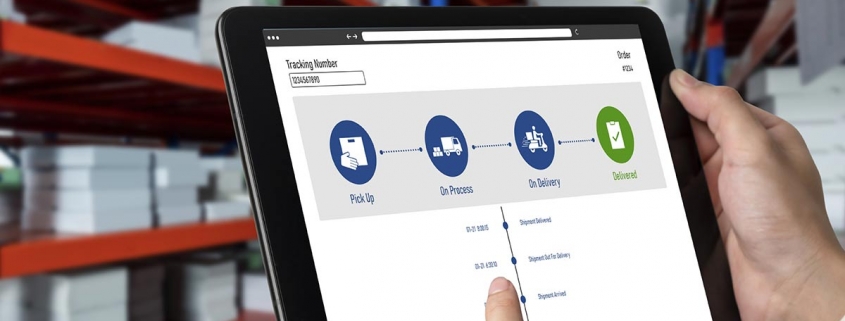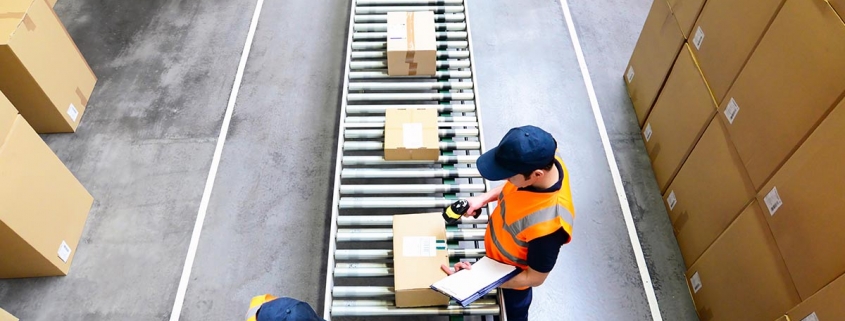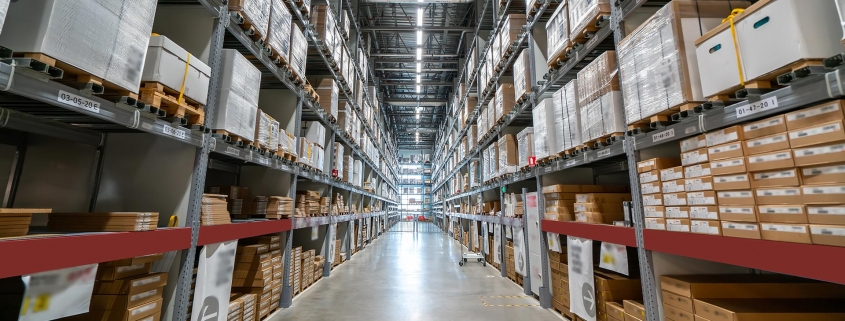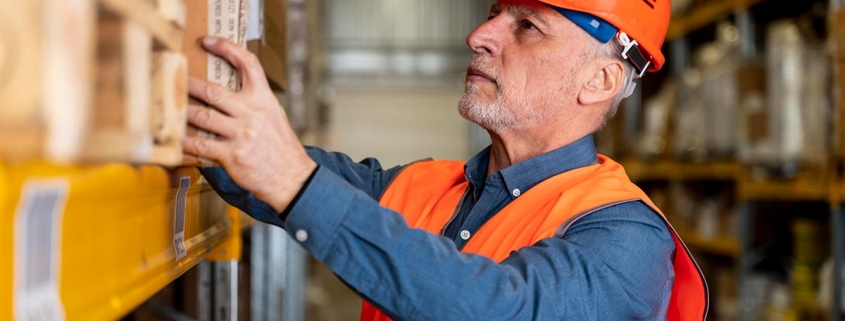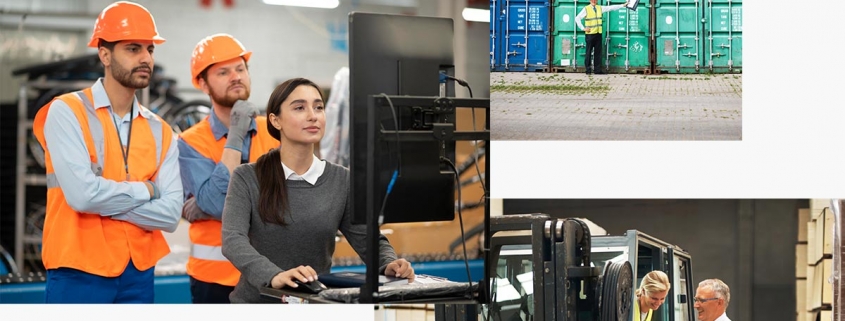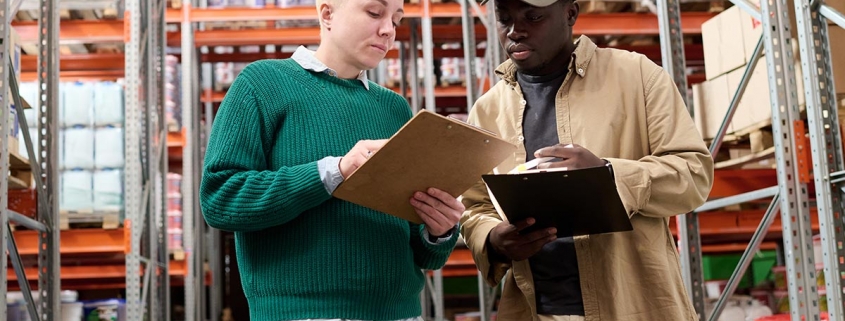? #InternationalLogistics #LogisticsBigDataAnalysis #GlobalSupplyChain
Hello everyone! Today, we’re delving into an exciting topic: the application of logistics big data analysis in the global supply chain.
With the advent of the digital age, the logistics industry is gradually incorporating big data analysis to optimize supply chain operations. By collecting and analyzing massive amounts of data, we can gain a better understanding of the flow of goods, inventory management, and transportation efficiency.
Logistics big data analysis can not only enhance operational efficiency but also predict market demand, optimize warehouse layouts, reduce costs, and even improve environmental sustainability.
Whether it’s cross-border transportation, cargo tracking, or supply chain risk management, logistics big data plays a significant role. It enables us to make wiser decisions and respond more quickly to market changes.
Let’s focus on the cutting-edge applications of logistics big data analysis in the global supply chain, driving continuous innovation in the logistics industry and providing more convenient and efficient services for global trade!
#LogisticsBigDataAnalysis #GlobalSupplyChain #DigitalAge

